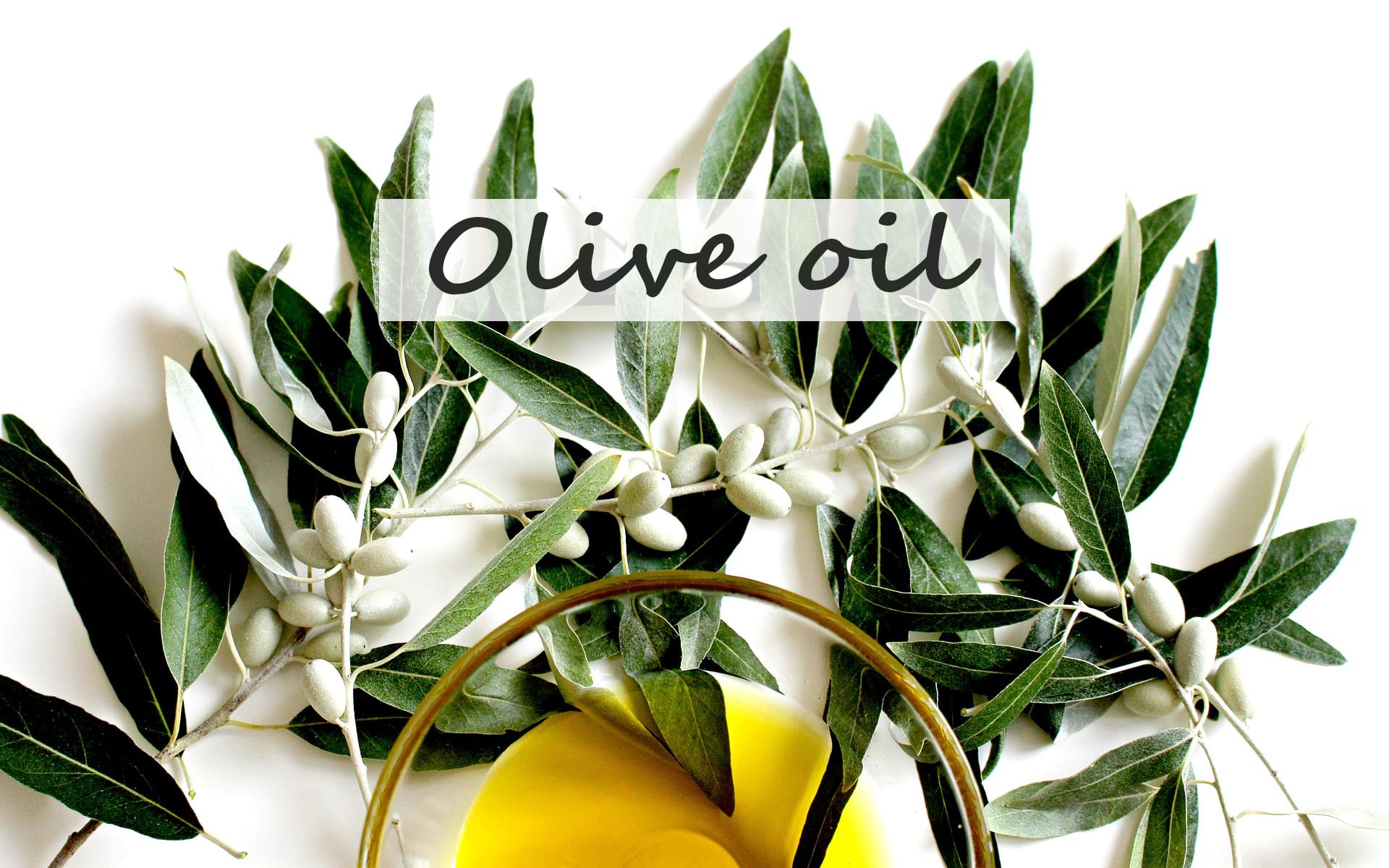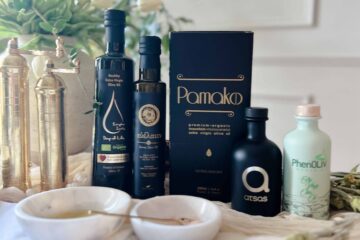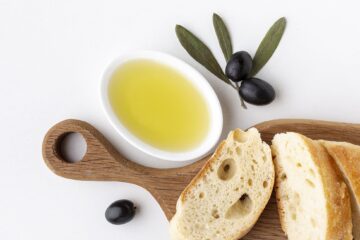At Gourmet Groceries, we see you more as much appreciated fellow gourmet food enthusiasts that share our passion for healthy and tasty products of the highest quality than customers.
Thus, we have collected and answered your most frequently asked olive oil related questions. It goes without saying that we would be glad to provide answers to any further queries so feel free to contact as at support@gourmetgroceries.com.
What’s the difference between cold and hot pressed olive oil?
When cold pressing is implemented, the oil is extracted at around 26 degrees centigrade (room temperature) and the oil products are obtained after precipitation and filtration, with the acid value remaining in low levels. As a result of this procedure, there is no need for any refinement whatsoever. Cold pressed oil retains its natural properties and its original taste.
On the other hand, hot pressing involves the extraction of oil at high temperatures, a procedure that raises the acid value significantly and causes the loss of most of the oil’s natural quality. What is more, hot pressed oil retains little of its natural composition as the high temperatures change the oil’s chemical structure and result in the loss of important substances such as carotenoids, sterols, and vitamin E. On top of that, the oxidation of hot pressed oils may cause severe complications on the consumer’s health.
How to store my oil?
You have to keep in mind that oils are fragile and need to be treated gently in order to preserve both their taste and healthful properties. Keep your oil away from direct light and preferably in a dark storage area away from windows.
Heat, air and light are the enemies of oil.
Keep your oil away from any heat source as exposure to heat from a nearby oven can harm it. Furthermore, take into consideration the fact that air can degrade oil quality and prevent your oil from being exposed to air. Therefore keep the bottle of your olive oil tight closed. An open bottle allows air to access the oil which accelerates the oxidation process.
What is the best olive oil container?
The best storage containers for olive oil are made of either tinted glass to keep out light or a nonreactive metal, such as stainless steel. If you do buy oil in clear glass bottle, keep it inside your cabinets. Avoid plastic and metal containers made of iron or copper as they may cause a chemical reaction with the oil or worse, the chemicals they contain can seep into the product.
What are the benefits of phenolic compounds?
Phenolic compounds should be an essential part of the human diet. Their antioxidant properties result in beneficial health effects and the consumption of phenolic compounds present in oil may lower the risk of several health disorders [1].
More specifically, research indicates that phenolic compounds present in olive oil suppresses body weight gain and adipose tissue formation therefore helps against obesity, plays a proactive role against carcinogenesis by regulating the genes that control tumor development, and keeps the blood pressure in low levels [2].
Moreover, the antioxidant and antimicrobial properties of phenolic compounds assist our body’s preventive activities against infectious diseases, inflammation, and allergies [3]. Research indicates that higher intakes of olive oil can reduce risk of all-cause mortality, cardiovascular events, and stroke, respectively [4].
Can I understand an olive oil’s quality by its colour?
Color is not an accurate indicator of an oil’s quality. The natural pigment in the olives results in a colour difference between oils and there are olive oils from certain regions of origin that have a distinct colour and flavour, just like wines. What is more, an oil’s color can be related to the olives’ harvesting period.
It is a matter of style and taste; green oil may suggest a more robust taste while golden may offer a more delicate, mild one and both can be of the highest quality.
Does olive oil expire?
Unlike wine, oil does not improve with age. As olive oil gets older, it gradually breaks down, the acidity level rises and flavor weakens. Even though the extra virgin olive oil has a shelf life of 18 to 24 months from the day it’s bottled, you’ll get the best quality and flavor from your olive oil if you consume it within one year after its bottle has been opened. Make sure that you store your olive oil properly, by avoiding its exposure to heat, air, and light.





